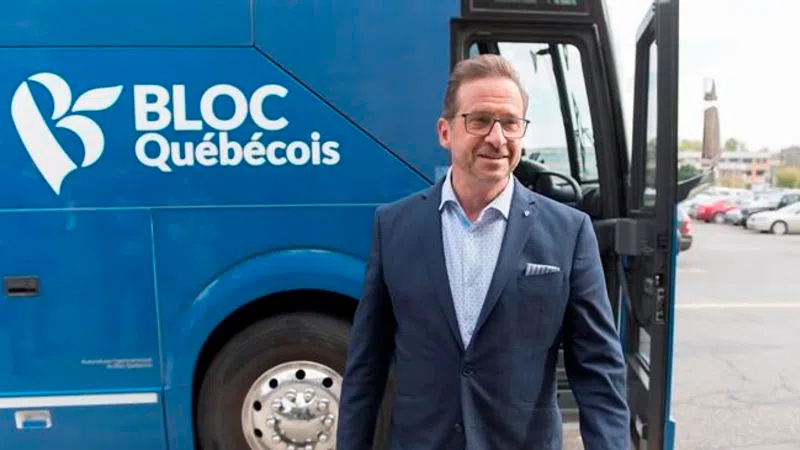
How the Bloc Quebecois hopes to cash in on sovereigntists’ collective guilt
MONTREAL — Support for Quebec independence is at or near historic lows, and yet the Bloc Quebecois — a federal party working to break the province off from Canada — is feeling good about its chances ahead of October’s vote.
Just as paradoxically, Bloc members are crediting the crushing defeat of their sovereigntist cousins, the Parti Quebecois, in last year’s provincial election for their renewed confidence following years of internal tumult.
Because, they say, along with more donations, increased membership and a jump in the polls, the Bloc is also benefiting from another critical factor: collective guilt.
On a humid evening in east-end Montreal, as the election campaign was set to begin, Bloc members gathered to open the riding office of award-winning author Michel Duchesne.


